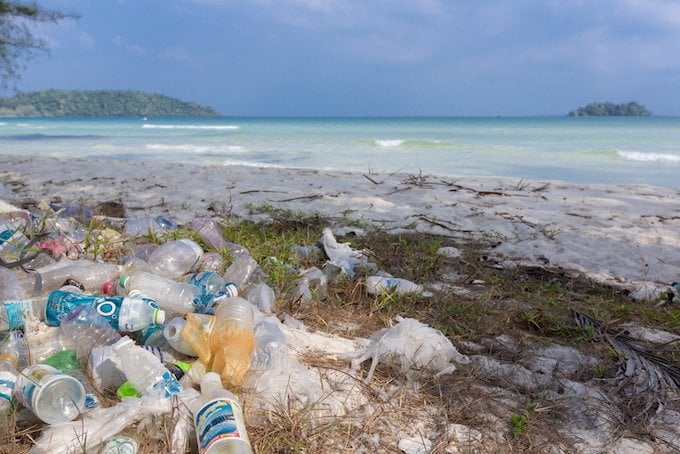

Is chewing on plastic bad for you skin#
The chemicals from these products can be absorbed through the skin and into the bloodstream. So you'll find them in deodorants, nail polish (where they help prevent chipping), hair spray (where they prevent stiffness), perfumes, lotions, creams, and powders (including baby lotions, creams, and powders). Phthalates are found in many scented and cosmetic products, where they stabilize the fragrance, increase spreadability, and enhance absorption. We also ingest plasticizers by eating food that's been contaminated via certain food packaging or by drinking beverages from plastic bottles that leach the chemical into the food or liquid.Ībsorption. These clays are routinely sold for use by children and are made primarily with PVC plastics. Polymer clays (a modeling compound designed to remain pliable until baked in a home oven) are one example. Older children also ingest plasticizers when they play with things that contain phthalates and then put their hands in their mouth. Instead, parents can remove potentially harmful objects from their baby's reach, and make sure that toys and other objects that are meant to be mouthed are perfectly safe. Trying to keep your baby from putting things in his mouth is not a good solution – it's one of the ways he learns about his world, and it's developmentally important. Because babies suck on and put things in their mouth routinely, they're especially vulnerable to ingesting phthalates. When a baby sucks or chews on an object that contains plasticizers (like a teether, squeeze toy, or bath book), or a young child handles it and then sucks his fingers, the chemicals can end up in the child's body.

"Children are uniquely vulnerable to phthalate exposures given their hand-to-mouth behaviors, floor play, and developing nervous and reproductive systems," says Sheela Sathyanarayana, an acting assistant professor in the Department of Pediatrics at the University of Washington and lead author of a study that looked at phthalate exposure via baby care products. Plasticizers are all around us, and adults and children have many opportunities to absorb them.

Here's a list of the most common phthalates, which may come in handy for checking labels: They're also used in toys, electronics (such as personal computers), car-care products, insecticides, and many household products, including adhesives, plastic wrap, plastic containers, flooring, furniture, wallpaper, shower curtains, and other things made of vinyl or PVC. In personal care items, they're used to help lubricate other substances, help lotions penetrate and soften the skin, and help fragrances last longer. Phthalates are found in an amazing array of products. Did you ever notice how plastic sometimes hardens over time? That's because the phthalates have leached out of it. Because phthalates are not chemically bound to the plastics they're added to, they're continuously released into the air or food or liquid.
Is chewing on plastic bad for you crack#
Phthalates (pronounced "thah-lates") are chemical plasticizers that have been widely used since the 1950s to soften plastics that would otherwise be brittle and crack when bent. What are phthalates and how are they used?


 0 kommentar(er)
0 kommentar(er)
